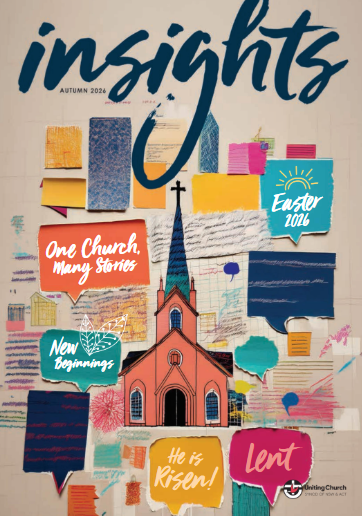First, The Chosen started pulling box office numbers that made Marvel blush. Then came House of David, which shot to the top of Amazon’s charts faster than David took out Goliath. Now FOX is reportedly developing a prestige drama about the women of Genesis. Because apparently, the Bible is the hottest intellectual property at the moment.
Yes, the Good Book is Hollywood’s latest franchise machine. And why not? It’s got drama, plagues, betrayal, family feuds, wars, miracles, talking animals, and an apocalypse or two. But if studios really want to build a proper Biblical Cinematic Universe™ (BCU), they’ll need to dig deeper than Moses parting the Red Sea and Jesus looking damp in slow motion.
It’s time to crack open the weird bits. The wild stories. The lesser-known prophets. The morally murky antiheroes. And they’ll need directors who can handle burning bushes, divine wrath, and Old Testament vibes like it’s just another Tuesday.
So here are five Bible stories begging for the big screen treatment — with auteur directors attached and enough artistic license to get theology professors sweating.
Job
Directed by: Yorgos Lanthimos
Tagline: God plays dice. Job loses everything.
Forget slow-motion miracles. This one’s bleak. Job is rich, righteous, and suddenly cursed — not by an enemy, but by God himself, just to prove a point. Lanthimos turns the ancient story into a surreal corporate horror, where Job’s livestock mysteriously die, his children vanish into sinkholes, and his friends hold a series of increasingly awkward dinner parties while blaming him for everything. Features long silences, lots of goats, and a talking whirlwind in act three.
Leviticus
Directed by: Wes Anderson
Tagline: 613 laws. Zero chill.
Welcome to the world’s most symmetrical priesthood. Anderson’s Leviticus is a pastel-toned dramedy set in the Tabernacle, where a band of anxious Levites try to follow every single rule God ever gave — from how to sacrifice pigeons to how not to wear wool-blend jackets. There’s a lot of narration, everyone speaks like they’re in a polite panic, and the Day of Atonement is scored by a harpsichord.
Ezekiel’s Wheel
Directed by: David Lynch
Tagline: The end is near. But so is something deeply confusing.
The prophet Ezekiel sees four-faced creatures, a wheel full of eyes, and gets very into performance art involving cooking over dung. Lynch doesn’t explain anything. He just leans in. The film is half vision, half nightmare, with Ezekiel wandering a post-apocalyptic desert muttering about dry bones while synth music plays and angels hover slightly offscreen, twitching. There’s a subplot about temple measurements that lasts 25 minutes.
Jael: Tent Peg Assassin
Directed by: Quentin Tarantino
Tagline: She offered him milk. Then nailed him to the ground.
Jael gets her revenge in this blood-splattered feminist Western set in ancient Canaan. After welcoming the enemy general Sisera into her tent for a nap, she calmly drives a tent peg through his skull. Tarantino treats it like Kill Bill: Bronze Age Edition, complete with non-linear storytelling, slow-motion gore, and a Hebrew soundtrack featuring lots of flute solos and camels in leather.
Ecclesiastes
Directed by: Sofia Coppola
Tagline: Everything is meaningless, but it’s lit really well.
A moody, beautiful film where the Teacher drifts through palaces, vineyards, and dusty streets, whispering existential dread over montages of sunsets and empty feast tables. There’s minimal dialogue, lots of silk robes, and every shot looks like it should be in a museum. Coppola captures the quiet despair of someone who’s had it all and still feels nothing. Will likely win Best Costume Design and “Most Ironic Use of a Harp.”
All kidding aside, Hollywood, the BCU is right there in front of you. Don’t stop at Jesus and Noah. Call up the minor prophets, dust off the genealogies, and let Werner Herzog narrate the Book of Numbers like a man slowly losing his grip on reality.
It’s what the people want. Or at least what a very specific, theology-major-with-a-Letterboxd-account demographic wants.
And honestly? That’s enough.






2 thoughts on “Let’s Talk About A Biblical Cinematic Universe”
That was fantastic. I’d watch them all.
Me too! Although I don’t know about the temple measurements subplot!!!